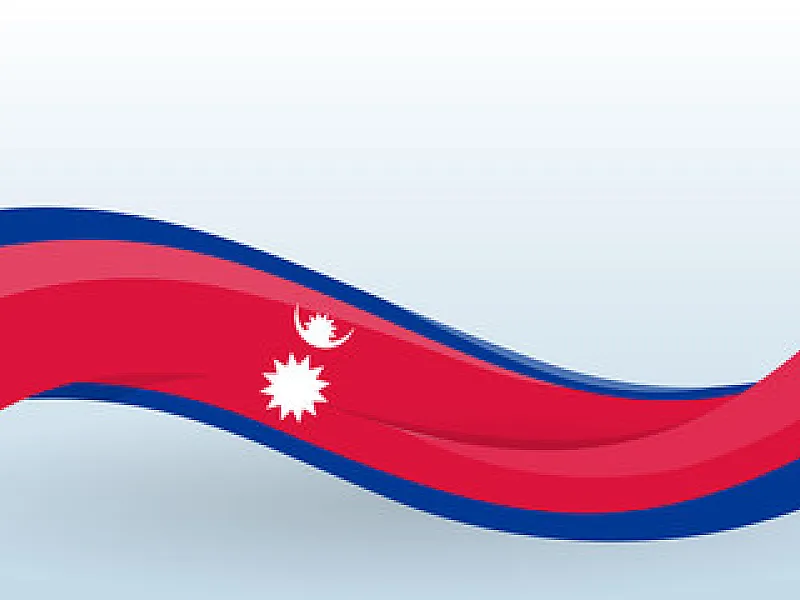
Introduction
Nepal, as a sovereign and democratic republic, has developed a comprehensive legal system founded upon the Constitution of Nepal 2072 (2015). The Constitution is recognized as the supreme law of the land, and all legislative, executive, and judicial functions derive legitimacy from it. Contemporary legal reforms, such as the enactment of the new laws of 2081, illustrate Nepal’s evolving legal framework in response to emerging social, economic, and technological realities. In this context, the concepts of the main law, the principle of rule of law, and the catalogue of thirty-one fundamental rights become central to understanding Nepal’s constitutional jurisprudence.
The Main Law of Nepal
The Constitution of Nepal, promulgated in 2015 (2072 B.S.), stands as the supreme legal instrument. Article 1 explicitly provides that the sovereignty and state authority of Nepal reside in the people and that no law inconsistent with the Constitution shall have legal force. As the grundnorm, it establishes the structure of federal governance, defines the relationship between state organs, and enshrines the fundamental rights and directive principles essential for democracy and rule of law.
The New Law of Nepal 2081
The year 2081 B.S. marked significant reforms in Nepalese legislation. These include amendments to the Civil and Criminal Codes, the enactment of the Cybercrime and Digital Transactions Act, environmental protection statutes, and labor and employment reforms. Collectively, these laws strengthen criminal accountability, enhance digital security, promote ecological sustainability, and address unemployment—thereby aligning Nepal’s legal framework with international human rights obligations and global legal standards.
The Rule of Law in Nepal
The doctrine of the rule of law constitutes the bedrock of Nepal’s constitutionalism. It entails that no individual, including state actors, is above the law, and that justice must be administered equally. In the Nepalese context, rule of law manifests through:
The Thirty-One Fundamental Rights
Part III of the Constitution enshrines thirty-one enforceable fundamental rights, ranging from civil and political liberties to socio-economic and cultural rights. These rights include the right to equality, right to freedom, right against untouchability, right to education, right to health, right to employment, right of women, right of Dalits, right to clean environment, right to social security, and the right to constitutional remedy, among others. The enforceability of these rights through writ jurisdiction reflects the Constitution’s commitment to human dignity, social justice, and inclusive democracy.
Conclusion
In conclusion, the legal system of Nepal is firmly anchored in the Constitution of 2072, which functions as the main law of the state. The enactment of new laws in 2081 demonstrates Nepal’s progressive adaptation to contemporary challenges. The principle of rule of law safeguards democracy by ensuring equality, accountability, and fairness. Most importantly, the thirty-one fundamental rights enshrined in the Constitution empower citizens, protect minorities, and maintain the integrity of Nepal’s democratic order.
II. Simplified / Easy Version
Introduction
Nepal is a democratic country, and its legal system is based on the Constitution of Nepal. The Constitution is the highest law, meaning every other law must follow it. In recent years, Nepal has also passed new laws in 2081 to meet modern needs. Along with this, the ideas of rule of law and fundamental rights are very important for protecting citizens and building a just society.
The Main Law of Nepal
The Constitution of Nepal 2072 is the main law of the country. It defines Nepal as a federal, democratic, secular, inclusive, and socialist-oriented republic. It gives power to the people and sets the rules for how the government works. No law can go against the Constitution.
The New Law of Nepal 2081
In 2081, Nepal made some new laws and reforms. These included:
These laws show that Nepal is trying to solve new problems like internet crime, unemployment, and climate change.
The Rule of Law in Nepal
The rule of law means that everyone is equal before the law, and no one, not even powerful leaders, can go above it. In Nepal, rule of law makes sure:
The 31 Fundamental Rights
The Constitution gives 31 fundamental rights to Nepali citizens. Some important ones are:
These rights give Nepali people dignity, justice, and protection from unfair treatment.
Conclusion
To sum up, the Constitution of Nepal is the main law of the country. The new laws of 2081 show progress in addressing new challenges. The rule of law ensures fairness and equality for all. And most importantly, the 31 fundamental rights protect the dignity, freedom, and justice of every citizen, making Nepal a stronger democracy.
Comments: